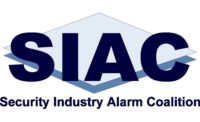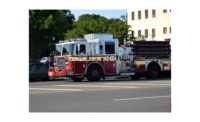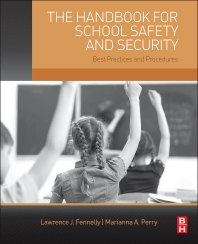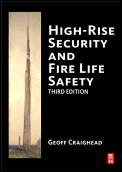The Roswell (Ga.) City Council recently approved recommended changes to the city’s false alarm fee structure.
In April 2021, the city council approved establishing fees and administrative fines related to the city’s false alarm reduction program. Following the adopted revisions, security alarm owners pay no charge to obtain a permit for their system and no annual renewal fee.
The first false alarm does not incur a fee, but after that false alarm calls will cost $50 for the second false alarm, $75 for the third and $100 by the time a fourth false alarm occurs. Thereafter, fees increase by $50 for each offense up to $300 for the eighth false alarm along with a potential suspension of response.
Any false alarm occurring without a valid permit will be charged an additional $100 on top of these fees.
Approximately 99% of alarms are false alarms and account for approximately 20% of dispatched calls for service, according to Roswell Police Department documents.
Following are just some of the more recent false alarm ordinance developments from around the nation.
Cullman, Ala. — The city approved a new ordinance instituting guidelines, along with a new fee structure, aimed at prioritizing lifesaving response capability above non-medical calls, which typically come to fire and police personnel in the form of requests for lift assistance to non-injured individuals.
Under the new ordinance, local assisted-living, medical care and nursing facilities all will be assessed a minimum $500 per-hour fee for each time a city fire and rescue unit is called to deliver “lift assistance to any patient/resident for non-emergency and non-medical related” responses, according to the new local statute.
The ordinance also institutes a similar, but lower, $50 per-hour fee for such response calls made from private residents — though that fee does not apply until after a private resident has made more than three non-emergency assistance requests within a single calendar year.
The ordinance also institutes fees for on-scene dispatches to automated security alarms that turn out to be false. During each calendar month, alarm owners are allowed one false alarm. Subsequent false alarms during the period will be fined $50.
Brenham, Texas — Adjustments to the city’s alarm ordinance raise the fee charged to property owners who have repeat false fire alarms and lower the amount of false alarms allowed before the fees start. The new fee structure reduces the amount of free false alarms from 12 to 3 within a calendar year. It also creates a sliding scale for fees; whereas before all false alarms beyond the number allowed cost $30, they will now cost $50 for the fourth through sixth false alarms, $75 for the seventh through ninth, and $100 for all false alarms after that.
Casper, Wyo. — The city council established new penalties for repeat false intrusion alarms and false panic alarms.
The ordinance established civil fees if more than two false alarms in a calendar year originate from a single alarm user. The fee schedule: third false alarm, $75; fourth, $150; fifth, $250; sixth and subsequent false alarms, $500. If eight or more false intrusion alarms happen in a year, the alarm user could be placed on a no-response list under the proposed ordinance.
False duress and panic alarms will be punished more harshly. Anyone responsible for two false alarms under this category within a year will be fined $250, and a third offense will cost $500. Each subsequent false alarm would incur fines of $700 each.
Alarms users who violate additional requirements of the ordinance, such as failing to get their alarm registered, could face additional fines of $100 each. The ordinance also allows the city to create an “alarm user awareness” class, which would educate residents on how to use their alarms properly. Those who complete the class can have up to $100 in alarm-related fines removed.
Pasadena, Calif. — The city council unanimously approved the first reading of an ordinance amendment which will enhance the city’s ability to permit and regulate alarm systems and related false alarm activations.
The proposed ordinance includes revising definitions to reflect “current and modern practices” by shifting responsibility to alarm companies to obtain a permit for professionally installed and monitored alarm systems, according to the ordinance’s fact sheet.
The proposed ordinance states: “Alarm businesses and self-monitored alarm system users shall be responsible for ensuring that the alarm system has an active alarm system prior to installation of the alarm system,” no matter who performs the installation.
The wording also added language to cover self-installed and monitored alarm systems and changed the validity of permits from four years to one year.









